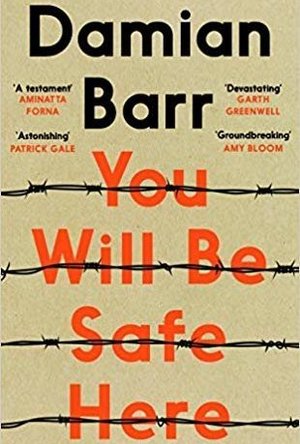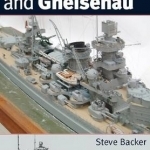
Scharnhorst and Gneisenau
Book
The 'ShipCraft' series provides in-depth information about building and modifying model kits of...
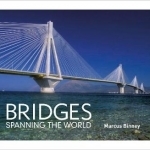
Bridges: Spanning the World
Book
Building bridges across rivers, canyons, straits and sea represents one of man's greatest...
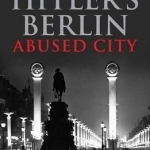
Hitler's Berlin: Abused City
Book
How Berlin captivated Hitler's imagination, and how he sought to redesign the city to align with his...
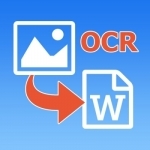
Scan Text OCR App - Convert picture to text easily
Productivity and Utilities
App
***** Extract text from image and save as editable text file ***** ScanText OCR App will read text...
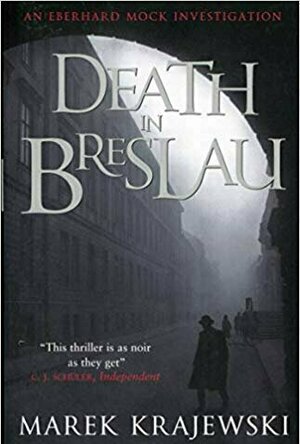
Death in Breslau
Book
Breslau was a German city on the border of Czechoslovakia. It is now, since World War II, Wroclaw,...
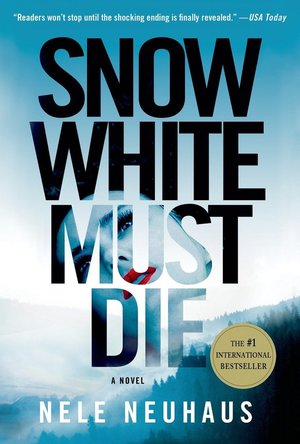
Snow White Must Die
Book
In a small town in Germany a boy is accused of murdering his beautiful girlfriend. On a September...
ClareR (6081 KP) rated You Will Be Safe Here in Books
May 12, 2019
My dad told me about the concentration camps during the Boer war as I went off to study German at university. He’d read about the history part of the course I’d be studying, and WW2 was missing. He thought it important that I should know that the National Socialists had got all of their ‘best’ ideas from the British (“everyone should shoulder their share of guilt”). I admit I didn’t know this much detail though.
The descriptions in this book are heartbreaking. Cruelty disguised as safe-keeping. New Dawn is cruelty disguised as (re)education. As I attempted to empathise with Will’s mother, I couldn’t help but judge her - how could a mother NOT protect her child? How could she be so easily influenced to give him to someone else to ‘make him a man’? She thinks that this IS protecting him though. The world is a harsh place, and those who are different are not always accepted by their peers (I have two sons, one of whom is disabled. I’ve always worried about how he will be accepted by other children - unfounded worries so far, as it turns out.).
The old adage ‘cruel to be kind’ is just that though: old, outdated. The new world order should be about tolerance and understanding, something that is totally lacking in some of the characters of this book (and out in the real world, too). ADHD is NEVER cured with cruelty. Respect is never gained through starvation and deprivation.
This book is written with such care and understanding: I could imagine the sights and sounds of both camps, smell the cigarette smoke of Willem’s grandmother. I felt so much for Sarah van der Watt and her son and Willem. People put into impossible circumstances. The way we find out about what happens to Sarah and her son is devastating: Willem and his class visit Bloemfontein concentration camp, and Fredericks story is part of their history lesson. This was so cleverly done, and although seemingly detached by the years that had passed, its only one hundred pages or so for the reader.
This is such a moving story, and it shows that history really can affect the present day. I can’t recommend reading this book enough.
Dianne Robbins (1738 KP) created a post
May 26, 2019

Three Lives: A Biography of Stefan Zweig
Oliver Matuschek, Allan Blunden and Michael Gillette
Book
A new paperback edition of the only biography in English of Stefan Zweig Drawing on a great wealth...
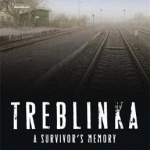
Treblinka: A Survivor's Memory
Chil Rajchman, Solon Beinfeld and Samuel Moyn
Book
Chil Rajchman, a Polish Jew, was arrested with his younger sister in 1942 and sent to Treblinka, a...
